Over the course of the last year, I have had the privilege of working with the CHGS to design and implement a new study abroad course. In May 2024, I taught Genocide, Justice, and Memory, in which I led a group of 8 undergraduate students to Rwanda. While at the University of Minnesota, students first explored the case of Rwanda within a broader theoretical context. They discovered the analytical and definitional challenges of classifying an episode of mass violence as genocide; explored the conditions under which the genocide occurred; examined how and why civilians were mobilized into killing militias; and finally, considered how the genocide shaped justice, reconciliation, and memory construction processes in Rwanda.
This first week enabled students to develop a theoretical and empirical understanding of the causes, course, and consequences of the genocide in Rwanda. This prepared students for two weeks in Rwanda, during which they visited sites of memory and discovered how Rwandans tell their own difficult history. Thus, throughout the course, students were encouraged to compare Western and local forms of knowledge. After visiting numerous memorial sites, students began to examine the judicial responses to genocide. They sipped African tea with a gacaca judge who explained the history of gacaca and the structural and personal challenges she encountered in her work. Next, students visited a reconciliation village, where they met with genocide survivors and individuals who participated in the genocide. They heard from the community, learned about their experiences, and asked about reconciliation efforts. Students also met with numerous experts (government and NGOs) whose work aims to preserve the memory of the 1994 genocide and prevent future genocides. This experiential learning fostered fruitful discussions regarding effective strategies for pursuing justice and reconciliation after genocide and the construction of collective memory.
Importantly, as students processed the nation’s tragic history, they also engaged in cultural activities, which offered them a more complete and richer understanding of Rwanda. Unfortunately, most people’s knowledge of Rwanda begins and ends with the horrific events of 1994. Yet, Rwanda is so much more than its history of genocide. Thus, students participated in a range of activities not directly related the genocide. They explored various art museums, took a master class in Rwandan coffee, and visited the first women-owned brewery in Rwanda, where they met other study abroad students from the Ohio State University. And of course, no trip to Rwanda would be complete without a visit to Akagera National Park to see the Big Five.
Jillian LaBranche is a PhD Candidate in Sociology

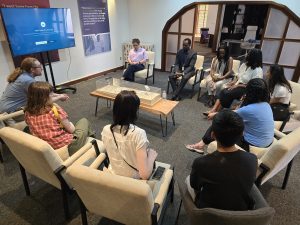

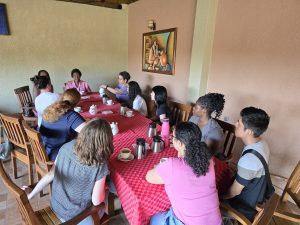

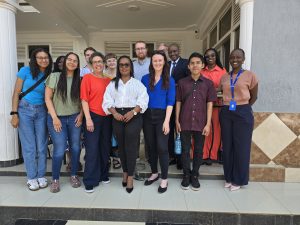
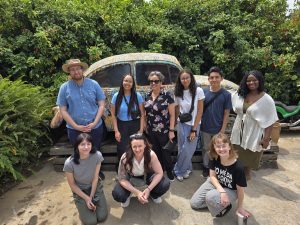
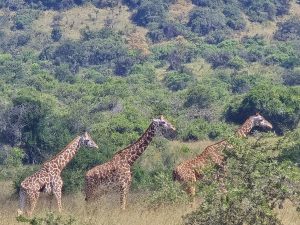

Comments